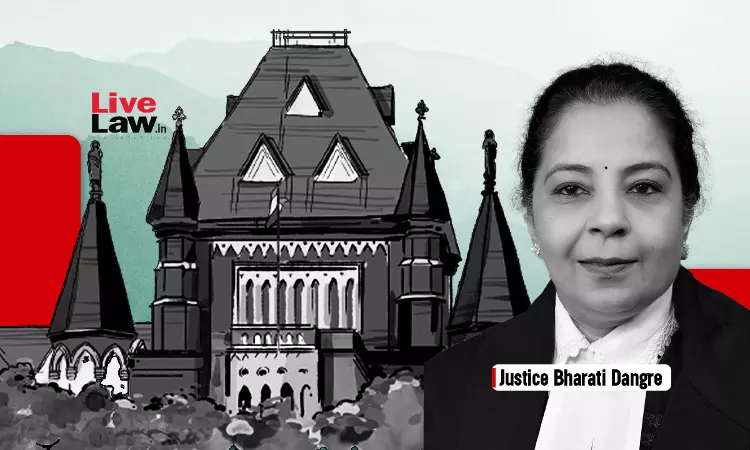Extension of Arbitrator's Mandate Lies Exclusively With Court Which Appointed Arbitrator: Bombay High Court
Rajesh Kumar
10 Feb 2024 12:00 PM IST

Next Story
10 Feb 2024 12:00 PM IST
The Bombay High Court bench comprising Justice Bharati Dangre held that the power to extend the mandate of an arbitral tribunal or arbitrator under Section 29-A of the Arbitration and Conciliation Act, 1996 lies exclusively with the court that appointed the arbitrator(s). The bench held that the term 'Court' in Section 29A must be interpreted in a manner consistent with the Court's power...
